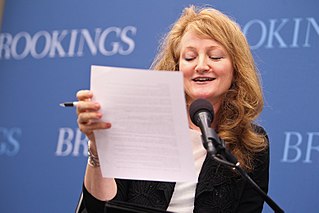Top 39 Quotes & Sayings by Krista Tippett
Explore popular quotes and sayings by an American journalist Krista Tippett.
Last updated on April 14, 2025.
Depression can kill you. It can also be a spiritually enriching experience. It's really an important part of my theology now and my spirituality that life is not perfect, and I grew up wanting it to be and thinking that if it wasn't, I could make it that way, and I had to acknowledge that I had all kinds of flaws and sadnesses and problems.

















